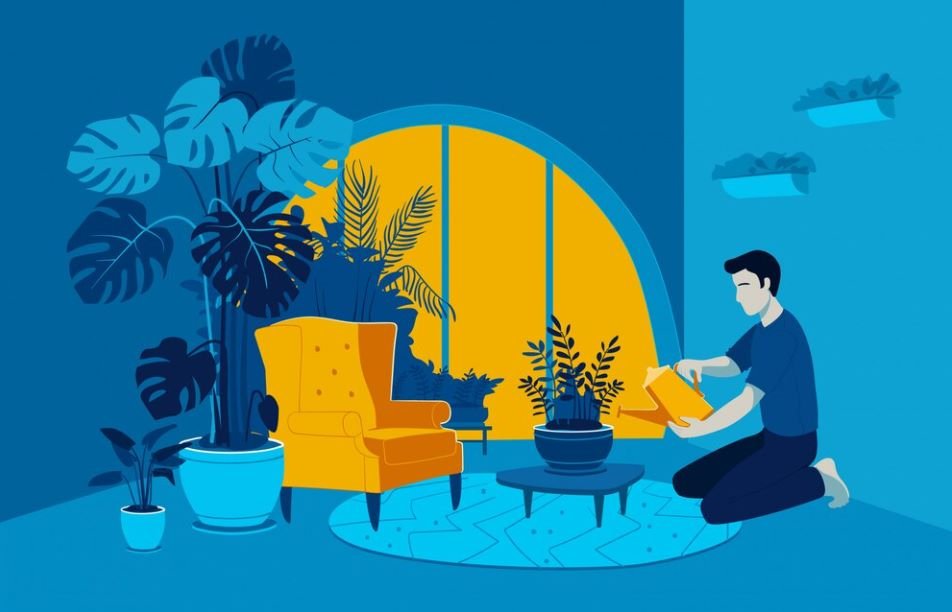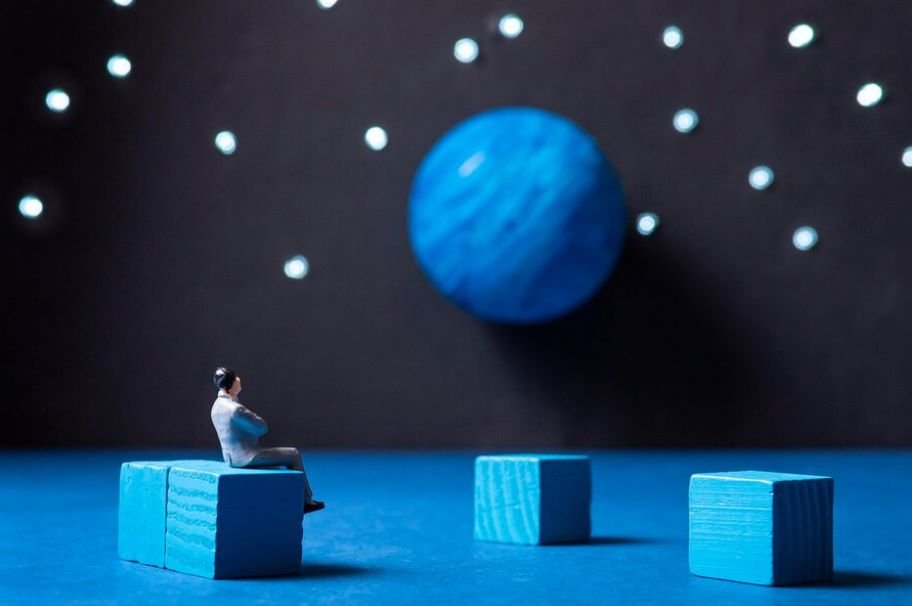Minimalist Living: Adopting Less for More

Craving freedom from clutter and a life richer in experiences? Minimalism might be your answer. This guide explores its core principles, from decluttering hacks to mindful spending, empowering you to embrace “less is more” and unlock a simpler, more fulfilling life. Join us on this journey to discover the joy of living with less and gaining more.
Defining Minimalism: Beyond Just Decluttering
What is Minimalism? Debunking misconceptions
Minimalism often gets mistaken for mere decluttering, but it’s much more. It’s a conscious choice to live with intention, focusing on experiences, purpose, and fulfilment rather than material possessions. It’s not about deprivation, but about mindfully choosing what adds value to your life and letting go of the rest.
Minimalism vs. asceticism: Finding the middle ground
Minimalism isn’t about living with nothing or enduring hardship. It’s about finding a sweet spot where you have what you truly need and use, without excess weighing you down. It’s about enjoying simple pleasures and appreciating the quality of what you have, rather than striving for more and more.

Different approaches to minimalism: Choosing what works for you
There’s no one-size-fits-all approach to minimalism. Some people embrace radical minimalism, owning only the bare essentials. Others practise “enoughism,” keeping what brings them joy and serves a purpose. You can explore different methods like the KonMari method or focus on specific areas like digital minimalism or minimalist fashion. The key is to find what resonates with you and create a minimalist lifestyle that fits your unique needs and values.
The Why of Minimalism: Benefits for Body, Mind, and Planet
- Reduced stress and anxiety
- Boosted focus and productivity
- Environmental impact
Imagine a home free of clutter, where every object has a purpose and brings you joy. This is the minimalist dream, and it's not just aesthetically pleasing – it can significantly reduce stress and anxiety. Less clutter means less visual noise, creating a calmer environment for your mind. Additionally, owning fewer possessions means less to worry about losing, breaking, or maintaining, freeing up mental space for what truly matters.
With fewer distractions competing for your attention, minimalism can enhance your focus and productivity. A decluttered workspace allows you to concentrate on the task at hand without getting sidetracked. Owning fewer clothes eliminates decision fatigue, making it easier to choose what to wear and get ready quickly. Overall, minimalism fosters a clear and focused mind, leading to increased efficiency in your daily life.
Minimalism is inherently more eco-friendly. By consuming less, you reduce your carbon footprint associated with production, transportation, and disposal of goods. You'll likely buy fewer new items, extending the lifespan of existing ones and reducing waste. Additionally, embracing minimalism often leads to more mindful consumption, encouraging you to choose sustainable materials and support responsible businesses.


- Financial freedom
Minimalism can unlock financial freedom. By curbing unnecessary spending on possessions, you free up resources to invest in experiences, education, or personal growth. This shift in priorities can lead to a richer and more fulfilling life, filled with memories and meaningful connections rather than material possessions.
Overcoming Challenges: Staying Minimalist Living Long-Term
Dealing with social pressure: Minimalism doesn’t have to be all or nothing
Minimalism can face judgement from societal expectations and consumerism norms. Remember, it’s a personal journey, not a competition. Adapt minimalism to your unique lifestyle and comfort level. Don’t feel pressured to fit a specific mould—you can still enjoy occasional possessions or gifts while embracing minimalist principles in other areas.
Combating the fear of missing out: Minimalism is about abundance, not deprivation
Minimalism isn’t about denying yourself experiences or joy. It’s about making conscious choices about what truly enriches your life. You’ll have more time, energy, and resources to explore passions, hobbies, and meaningful connections, creating a richer and more fulfilling life. The abundance lies in experiences, not material possessions.
Avoiding rebound clutter: Maintaining your minimalist space
The decluttering journey doesn’t end at one sweep. Be mindful of new acquisitions. Ask yourself if they align with your minimalist values before bringing them in. Regularly re-evaluate your belongings and let go of items that no longer serve you. Create systems for organisation and storage to prevent clutter from creeping back in.
Adopting minimalism as a journey, not a destination
Minimalism is an ongoing process of refinement and adaptation. There will be setbacks and temptations. Celebrate your progress, not perfection. View challenges as opportunities to learn and refine your approach. Enjoy the journey of continuous improvement and discovery in your minimalist lifestyle.
Resources
- The Minimalists: https://www.theminimalists.com/ (Popular minimalist blog with practical tips and philosophy)
- Becoming Minimalist: https://becomingminimalist.com/ (Website offering resources and guidance on decluttering and simplifying)
- Zen Habits: https://zenhabits.net/ (Blog promoting minimalism and simple living through mindful practices)
Sustainable Minimalism:
- The Zero Waste Chef: https://www.zerowastechef.com/ (Combines minimalism with sustainability, focusing on reducing waste)
- Trash is for Tossers: [invalid URL removed] (Advocates for reducing waste through minimalism and mindful consumption)
- Live Simply: https://www.livesimply.com/ (Promotes sustainable living and mindful consumption alongside minimalism)
Lifestyle and Design:
- Apartment Therapy: https://www.apartmenttherapy.com/collection/minimalism (Articles on minimalist living, organization, and design)
- The Spruce: [invalid URL removed] (Guides and tips for creating minimalist homes and spaces)
